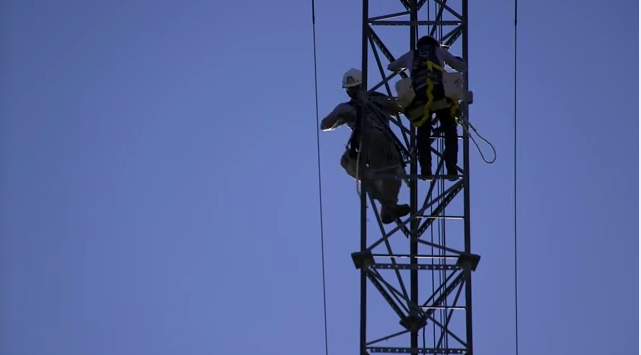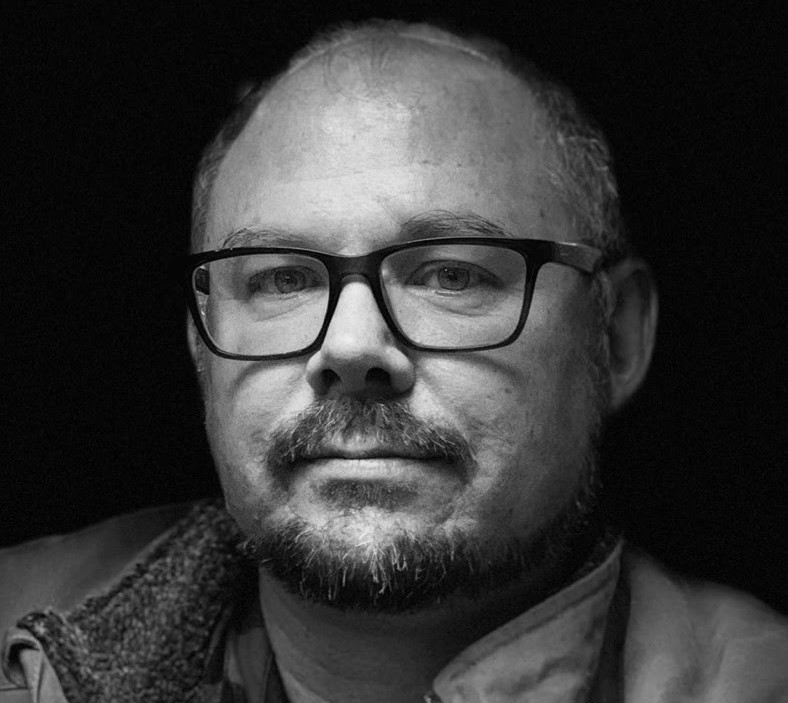
KANSAS CITY, Mo.—Low-power television stations and TV translators looking to be reimbursed for expenses associated with the FCC’s repack of television spectrum rejoice. The numbers, as of today, show you will be reimbursed for 100% of your eligible expenses.
That’s the preliminary assessment of Tony zumMallen, president of QComm, a Lee’s Summit, Mo. -based engineering, project management and installation vendor that is specializing in the repack.

“The maximum allocated by Congress for LPTV and TV translator stations has always been $150 million,” says zumMallen. “As of Feb. 19, the dollars potentially used for repack expenses is $138 million. If you divide that into $150 million, you’re at 100%.”
To arrive at this and other repack-related numbers, zumMallen’s company has regularly combed through the FCC’s License and Management System since Nov. 14, 2019, the deadline for LPTV and TV translators to submit documentation to prove expense reimbursement eligibility and request specific dollar amounts.
“We have been grabbing the data and the numbers people have submitted and tallying them up,” he says.
As of Feb. 19, QComm’s total shows that of the 925 reimbursement applications submitted by LPTV stations, the FCC has determined that 785 are eligible for reimbursement and 113 are not. The eligibility of 27 others has yet to be determined.
“That’s fantastic news, when everyone thought before the process started that expense reimbursement would probably be in the range of 50% to 70%,” he says.
The professional video industry's #1 source for news, trends and product and tech information. Sign up below.
Of course, zumMallen’s assessment comes with a few caveats. For instance, the process has not yet been completed, and requests must be reasonable. “They can’t be for a Ferrari. It has to be a transmitter,” he says with a laugh.
But he adds there is nothing funny about the seriousness of this process and the expense reimbursements for LPTV stations and TV translators, many of which are shoestring operations.
“So, mom and pops won’t have to come up with $100,000 or more,” he says. “Potentially, they will have to come up with nothing. Merry Christmas!”
Monitoring the reimbursement filings in the LMS has revealed a few other interesting facts. For example, the smallest amount requested is $872, while the largest is $2.2 million. QComm also has found that 600 stations account for about $75 million in reimbursement requests, he says.
The QComm president recommends that stations notified by the FCC of their ineligibility should continue to pursue reimbursement if given the opportunity to modify their showing.
“The FCC has been very good to work with on this,” he says. “If there is a question about what you submitted, you will receive an email from the FCC saying: ‘Based on the information you provided, we find you to be ineligible’ and here are the reasons why.”
Frequently the agency will give stations 10 days to provide the information requested, which could flip a filer from ineligible to eligible. “They basically spell it out for you. If you provide this information, they will find you eligible.”
The agency should be commended for the way it has worked with LPTV stations and TV translators on the reimbursement of repack expenses, he says.
“Our experience is they are not looking to find any and every way that you are ineligible. It’s the exact opposite,” says zumMallen. “We have worked with a lot of these television stations that are low power and translators, and we have not had a negative comment.”
Working with the station’s lawyer or consulting engineer could prove worthwhile if it means producing the documentation needed to qualify for reimbursement, he says.
“I wouldn’t just take the FCC’s email and say, ‘Oh, well, we’re not eligible,’” says zumMallen.
QComm can be reached via its website.
Phil Kurz is a contributing editor to TV Tech. He has written about TV and video technology for more than 30 years and served as editor of three leading industry magazines. He earned a Bachelor of Journalism and a Master’s Degree in Journalism from the University of Missouri-Columbia School of Journalism.

